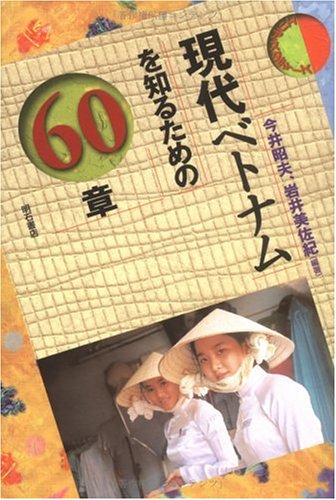2 0 0 0 OA 日本人学習者を対象としたベトナム語検定試験制定のための基礎的研究
1 0 0 0 現代ベトナムを知るための60章
- 著者
- 今井昭夫 岩井美佐紀編著 池部亮 遠藤聡編集協力
- 出版者
- 明石書店
- 巻号頁・発行日
- 2008
- 著者
- 岩井 美佐紀
- 出版者
- 京都大学
- 雑誌
- 東南アジア研究 (ISSN:05638682)
- 巻号頁・発行日
- vol.39, no.1, pp.120-136, 2001-06
- 被引用文献数
- 1
この論文は国立情報学研究所の学術雑誌公開支援事業により電子化されました。Khanh Hau commune was a typical rural community in the Mekong Delta which still mainifested clear social stratification by land holding when Hickey, an American anthropologist, did fieldwork in the late 1950s and early 1960s. But the social structure of Khanh Hau commune changed sharply in the ensuing 40 years due to a series of institutional agricultural reforms, agricultural collectivization, and the rapid growth of population. According to our questionnaire of 96 households in 1996,we found only small land holders and a large number of landless households existing because of the fractionization of land. Almost all households are engaged in farming and nonfarming wage labor. The greatest number are agricultural laborers, women engaged mainly in transplanting and harvest. Among the various types of informal wage labor available, agricultural labor is regarded as providing relatively stable income. Most laborers are managed by agents (trum) who live in Khanh Hau. Big agents, those who hire some 100 laborers, are prestigious because they provide stable work and payment in advance, which helps laborers guarantee their daily income.
